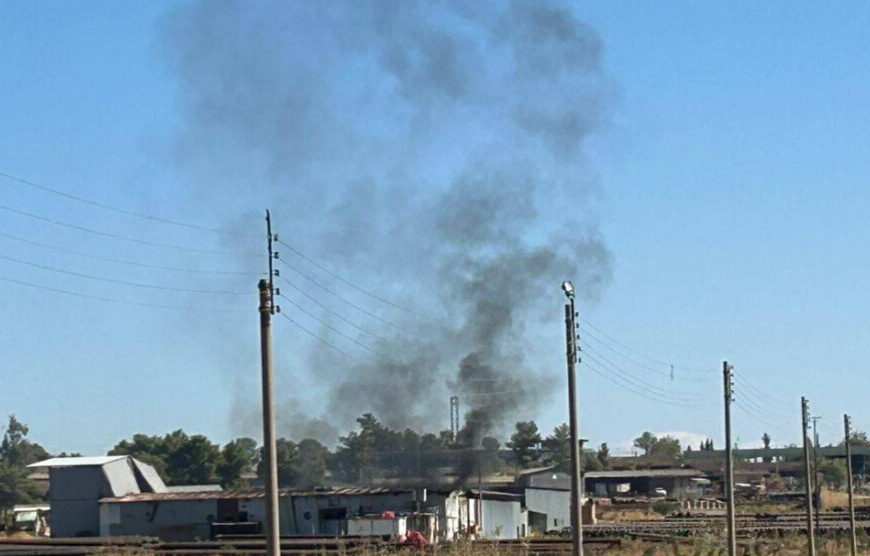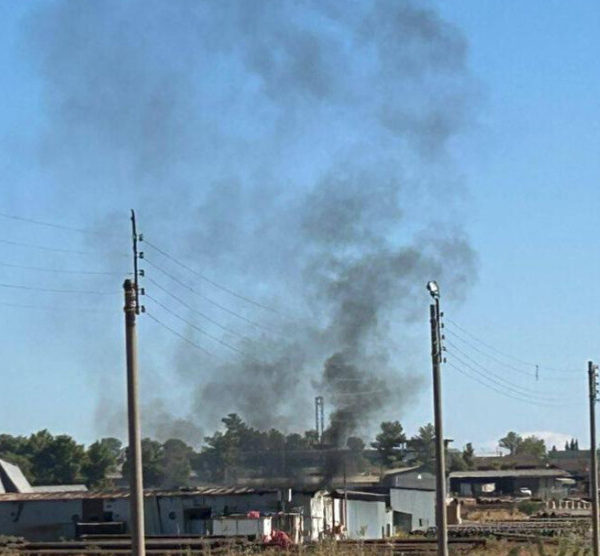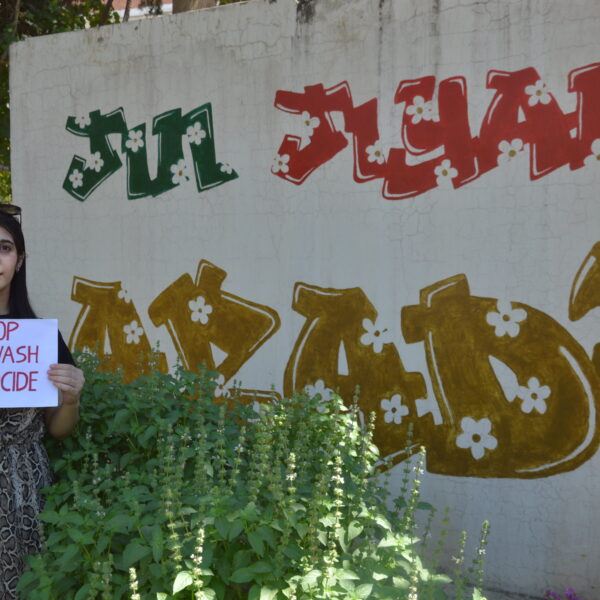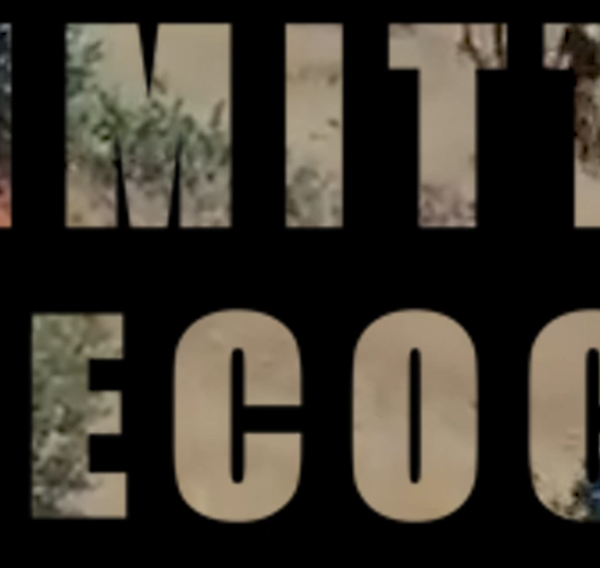The three pillars of Democratic Confederalism
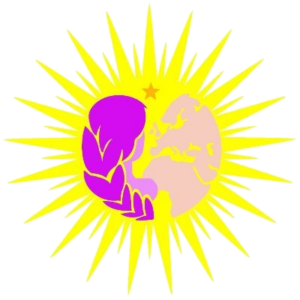
Women’s liberation
No free society without free women: the millenia-long fight against the oppression of women is at the heart of the struggle of the Kurdish liberation movement. Women were the first slaves of humanity. Their enslavement and the emergence of the first forms of domination and exploitation paved the way for the development of hierarchical systems in human societies. Any movement beyond exploitative and oppressive systems will necessarily come through the release of women.
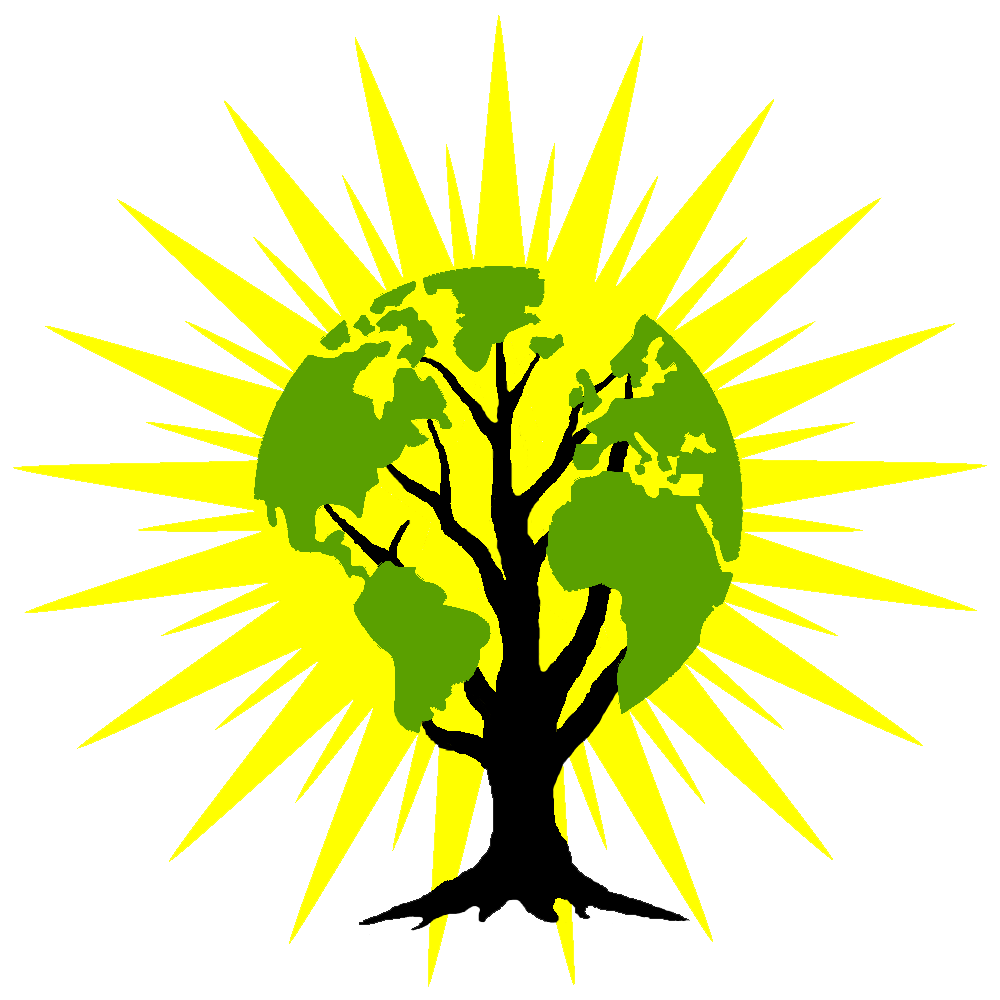
Ecology
The domination and exploitation of nature followed the emergence of hierarchies between humans. The relationship of a society with its natural environment depends on the way it is organized and the mentalities that accompany its ways of producing and distributing goods. Therefore, there can be no solution to ecological problems without social change. The destruction of our planet is largely caused by a criminal economic order that favors a few and that survives only by uncontrollable growth and unbridled exploitation. In order to build a society in harmony with nature, we must first get rid of the entire system of oppression and exploitation between humans.

Grassroots Democracy
Democratic confederalism rejects the model of the nation-state, which has proved incapable of increasing the freedom of the peoples. Instead, it proposes democratic organization from below. The basic unit is the communes and the free confederation between them. Decisions are taken by the people at popular assemblies, neighborhoods or villages, through the system of direct democracy.

